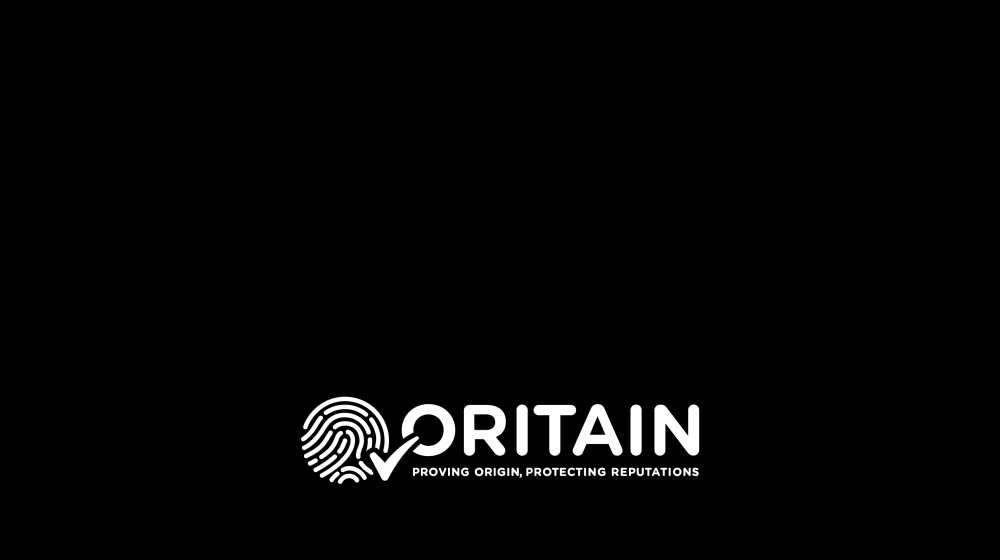Why Traceability Matters for Denim Businesses in an Eco-Conscious World
By Dr. Kate Jones | 25 October 2023
minutes to read.

Clothing has the fourth highest impact on the environment of all categories of EU consumption, and denim is no exception. As one of the most popular products in the consumer textile market, denim has come under increased scrutiny over its environmental and social credentials.
In response to growing concerns, new legislation has been introduced to reduce the environmental footprint of denim production and improve working conditions in the industry’s supply chains.
The European Commission’s 2022 Directive on corporate sustainability due diligence is a prime example of this, and one which promises to introduce profound changes within the EU and abroad. Brands will soon face challenges like mandatory collection of discarded textiles, a shift that many European countries are currently not prepared for.
In this article we’ll unpack the current state of the denim industry, assess the growing importance of sustainability for cotton and fashion, summarize the regulatory response, and examine how some of the world’s leading brands are using traceability to protect their future.
An industry that cannot ignore sustainability
Global inflationary pressures and the soaring cost of living hasn’t dented the popularity of denim, with the market for denim jeans expected to reach 87.4 billion US dollars in 2027, up from 63.5 billion US dollars in 2020.
However, the sector has suffered negative press concerning labour injustices and environmental abuse.
Denim brands are reliant on cotton to manufacture their products, but traditionally had little oversight on where the cotton they used was from and under what conditions it was grown.
50% of denim is produced in Asia, certain regions of which have been the subject of damaging forced labor reports.
Denim is also one of the largest users of water in the fashion industry. Every pair of jeans needs up to 10,000 litres of water to be made. In addition, denim production generates millions of litres of wastewater containing harmful chemicals and dyes used to give the product its trademark blue colour.
As a result, denim businesses have come under scrutiny to employ more sustainable and ethical production practices. Brands unable to prove sustainability claims risk being accused of greenwashing or exaggerating their environmental credentials.
Regulation on the rise
Against this backdrop of government and consumer pressure, a raft of new measures has been drafted or enacted. These include:
1. The Empowering Consumers in the Green Transition Directive and Green Claims Directive proposed in 2022 and 2023 to address greenwashing.
2. The ReSet the Trend campaign launched in 2023 to raise awareness about sustainable fashion.
3. The USA’s Uyghur Forced Labor Prevention Act (UFLPA) made it compulsory for apparel and textile companies to prove the responsible sourcing of cotton products.
In 2022, the European Commission laid out its vision for the textiles sector, including stringent rules around ensuring a production process that operates in respect of social rights and the environment. The aim of this Directive is to foster sustainable and responsible corporate behaviour and to anchor human rights and environmental considerations in companies’ operations and corporate governance.
The implications for denim businesses are clear. Brands must define and maintain complete transparency throughout their operations, from fields to stores, and at every step of their supply chains. Any adverse conditions identified must be addressed or face punitive measures.
But increasingly complex global supply chains pose a challenge for denim companies to achieve this.
The challenge of mapping supply chains
The production and sale of denim involves a complex chain of growers, manufacturers, distributors, importers, and retailers. Any link in this chain can introduce fraudulent or unethical practices, such as blending and substitution.
Leading denim brands are already marketing themselves on the basis of where their cotton originates. Several major American jeans brands have launched premium lines using 100% sustainable cotton, tracing the source of each style back to a family farm. Any deceitful or improper activities in the production process would undermine the company’s efforts and threaten significant reputational risk.
Resolving challenges like these are essential if denim brands are to meet regulatory requirements and assuage consumer demand.
New innovations and technologies offer a solution in achieving the transparency companies need. Testing the product itself – not packaging – is the most reliable way for brands to get a holistic view of the entire supply chain. This traceability provides assurance that the products on the retail shelf are indeed from where they claim to be.

Source: Textile Learner
Transparency through traceability
Sustainable denim also means traceable denim. The improved sustainability and environmental initiatives that are being undertaken in the industry are only achievable if they are underpinned by authenticity in the source of raw material and in the finished denim product itself.
Traceability involves the analysis of the chemical composition of raw materials to pinpoint the exact source of organic material. It determines whether material originates from ethical sources or not.
To achieve the level of traceability that the denim industry demands, Oritain employs a unique method based on forensic science to detect trace elements and isotopes in the denim itself. Soil composition and other environmental factors give the denim an inherent 'fingerprint' unique to the location in which the cotton is sourced.
Denim can be tested at any stage on its journey from farm to shop floor. It cannot be tampered with and provides irrefutable proof of origin. It’s an innovative approach which is already bearing fruit for successful brands like Cone Denim.

Cone Denim: Leading the way in responsible denim
Cone Denim is an American fashion brand turning a rich history into a transformative future.
The Sustainblue™ program is Cone Denim’s commitment to sustainability and transparency. Through more responsible production processes and continued investment in a verifiable supply chain, it seeks to deliver high-quality products while achieving a more positive impact on the world.
Oritain is a key pillar in Cone Denim’s environmental, social, and governance (ESG) strategy, not only in reducing the risk of forced labour in their cotton, but underpinning authenticity for the sustainability work they're doing in water and dye usage.
The partnership begun in 2020, when Cone Denim became the world’s first denim mill to use Oritain’s unique scientific method to prove the origin of their cotton. So successful has this pioneering relationship been that Cone Denim have since extended the partnership.
In doing this, Cone Denim continues to assure its customers that denim produced by the company is authentic, true to source and in compliance with their cotton sourcing policies. It empowers the brand to confidently reaffirm its origin of ethical sourcing and supply chain transparency.
In an increasingly eco-conscious world, ESG has become a priority in the corporate agenda. With the EU’s intensified focus on sustainability, denim brands are under pressure to uphold transparency and ethical practices. Scientific verification of where raw materials come from is essential in winning consumer trust and meeting these global standards.
To learn more, see how the Oritain process works or contact us.
Disclaimer: The information provided in this document does not and is not intended to constitute legal advice. Instead, all information presented here is for general informational purposes only. Counsel should be consulted with respect to any particular legal situation.

